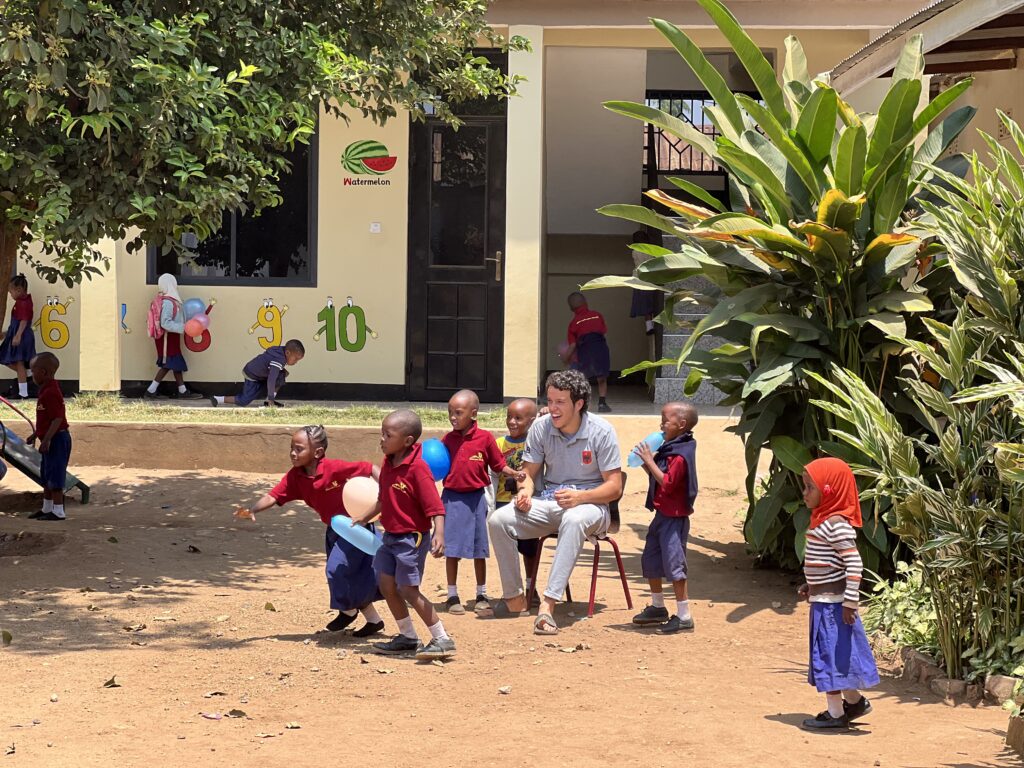In a continent where over 200 million children live in extreme poverty, access to education, nutrition, and basic healthcare remains a distant dream for far too many. Africa, home to the world’s youngest and fastest-growing population, faces staggering challenges: 40% of children under five suffer from stunting due to malnutrition, and millions are out of school, perpetuating cycles of inequality and underdevelopment. Yet, amid these daunting odds, beacons of hope emerge—organizations that not only address immediate needs but also empower children to break free from poverty’s grip. Enter Moshi Kids Centre, a Tanzania-based nonprofit that’s rapidly earning its place among the best charities in Africa. Nestled in the shadow of Mount Kilimanjaro in Moshi, this children’s charity in Tanzania is transforming lives through targeted, community-driven programs. With a focus on education, nutrition, and holistic support, Moshi Kids Centre stands out as one of the top NGOs in Africa for its transparency, measurable impact, and innovative partnerships. In this in-depth exploration, we’ll uncover why this organization is a model for effective child welfare, backed by real stories, data, and comparisons to global leaders.
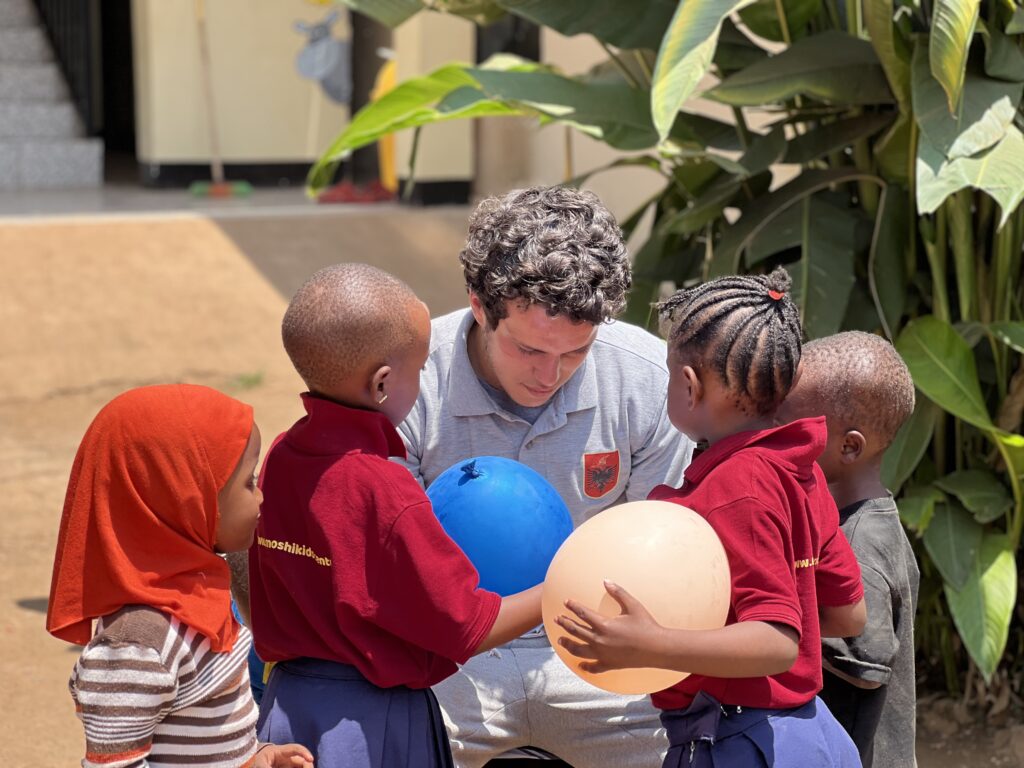
The Urgent Crisis: Why Children's Charities in Africa Matter More Than Ever
Africa’s children are its greatest asset, yet they bear the brunt of systemic failures. In Tanzania alone, over 1.5 million children are orphans, many due to HIV/AIDS, poverty, or conflict, leaving them vulnerable to exploitation, early marriage, and dropout rates exceeding 50% in rural areas. Sub-Saharan Africa accounts for 60% of the world’s out-of-school children, with girls disproportionately affected—cultural norms and economic barriers keep 32 million African girls from classrooms. The COVID-19 pandemic exacerbated this, closing schools for months and reversing decades of progress, while climate change and food insecurity threaten to push millions more into hunger.
Enter the role of top NGOs in Africa. Organizations like Save the Children and UNICEF have long led the charge, reaching millions across the continent. But smaller, grassroots efforts like Moshi Kids Centre are proving that localized, agile interventions can yield outsized results. By focusing on underprivileged communities in Kilimanjaro Region, where tourism booms but local children lag, Moshi Kids Centre bridges gaps that larger entities might overlook. It’s not just about aid—it’s about sustainability, ensuring every dollar or volunteer hour plants seeds for long-term change. As we delve deeper, it’s clear why this children’s charity in Tanzania is climbing the ranks of the best charities in Africa.
A Humble Beginning: The History and Mission of Moshi Kids Centre
Founded in the early 2010s by a group of local educators and community leaders in Pasua, Moshi, the centre started as a modest initiative to feed and tutor a handful of street children scavenging near tourist hotspots. What began with donated meals from nearby farms evolved into a full-fledged educational hub after the founder witnessed the despair of orphans post the 2014 Ebola ripple effects and ongoing economic disparities. By 2015, the first classroom was built with volunteer labor, marking the shift from ad-hoc help to structured programs.
Today, Moshi Kids Centre’s mission is laser-focused: to provide vulnerable children with education, care, and a safe space, inspiring them to pursue brighter futures while nurturing their innate talents. Their vision? A world where no child feels isolated, where education is a right, not a privilege, and where community responsibility ensures every young mind thrives. Core values—transparency, collaboration, and empowerment—guide every action. Unlike some top NGOs in Africa that operate top-down, Moshi emphasizes local ownership: 90% of staff are Tanzanian, and programs co-designed with parents and elders.
This grassroots ethos sets it apart. While global giants like Plan International boast multimillion-dollar budgets, Moshi operates lean, with every shilling accounted for via public reports. Their helpline office in Pasua serves as a lifeline, open 24/7 for families in crisis, handling everything from abuse reports to school enrollment queries. In a region where child labor affects 30% of kids, this accessibility is revolutionary.
The team’s passion fuels this mission. Led by the founder, a former teacher who left a stable job to advocate for orphans, the 15-member staff includes social workers, nutritionists, and youth mentors. Volunteers from Europe and the U.S. augment this, but locals drive decisions—ensuring cultural relevance and sustainability. As one staffer notes in their FAQs, “We’re not saviors; we’re partners in building a safer Tanzania.”
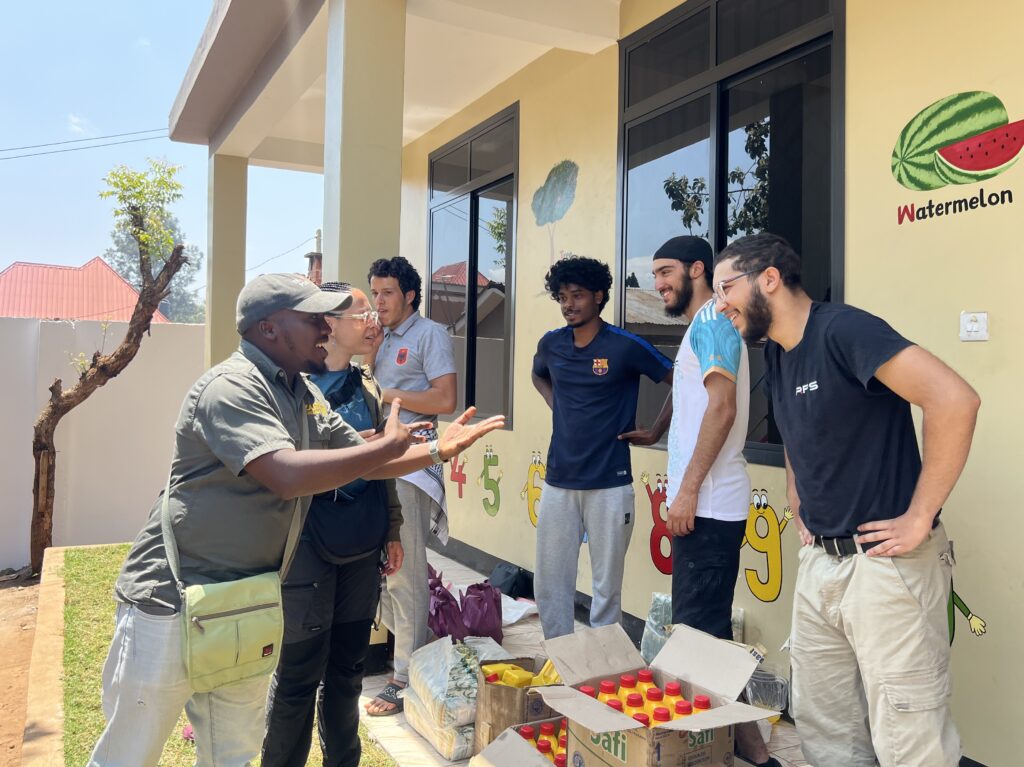
Transformative Programs: Education, Nutrition, and Beyond
At the heart of Moshi Kids Centre’s success are its multifaceted programs, tailored to the holistic needs of children aged 3-18. Unlike siloed efforts in some children’s charities in Tanzania, Moshi integrates services for maximum impact.
Education: Building Foundations for the Future
Education is the cornerstone, with a free pre-school and primary support program serving 400+ children annually. Classes run in brightly painted classrooms equipped with donated books and computers, focusing on literacy, math, and life skills. Volunteers lead English and arts sessions, while local teachers handle Swahili and science. The curriculum emphasizes play-based learning, crucial in a country where rote memorization dominates.
Benefits are profound: Attendance rates have soared 25% since 2020, with 85% of graduates advancing to government secondary schools—double the national average. For girls, who face dropout risks from menstruation or chores, Moshi provides uniforms and sanitary supplies, promoting gender equity.
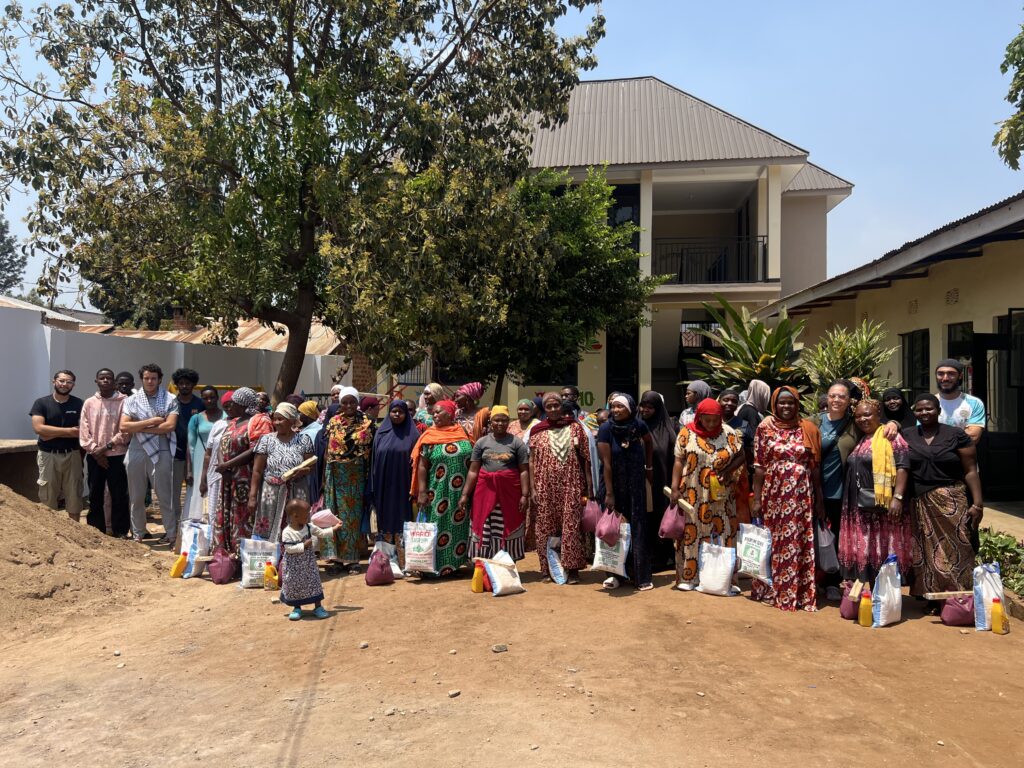
Nutrition: Feeding Minds and Bodies
No child learns on an empty stomach—that’s the mantra of the Feeding Minds and Tummies program, launched in 2022 amid rising food prices. Daily meals—fortified porridge for breakfast, rice-and-beans lunch with veggies and eggs—cost just $0.50 per child, serving nearly 1,200 kids across 10 schools monthly as of July 2025.
Sourced from local farmers, meals rotate weekly for variety and support the economy. Parents and volunteers prep food, fostering community ties. Impact? School engagement up 20%, with fewer illness-related absences. Teachers report “joyful, focused learners” instead of fatigued ones, echoing global studies linking nutrition to 14% higher test scores.
Health and Empowerment: Holistic Support
Health initiatives address mental and physical well-being, including counseling for trauma survivors and basic check-ups via partnerships with Kilimanjaro clinics. The employment arm trains teens in trades like tailoring and farming, placing 50+ youths in jobs yearly—vital in a nation with 40% youth unemployment.
Sponsorship ties it all together. For $35 monthly (or $850 annually), donors fund a child’s full package: fees, meals, health, and updates like report cards. Over 200 children are sponsored, with letters exchanged for personal bonds. As one page notes, “Your support breaks poverty’s cycle, turning dreams into degrees.”
These programs aren’t flashy but effective, with 100% of funds reaching the ground—no overhead bloat.
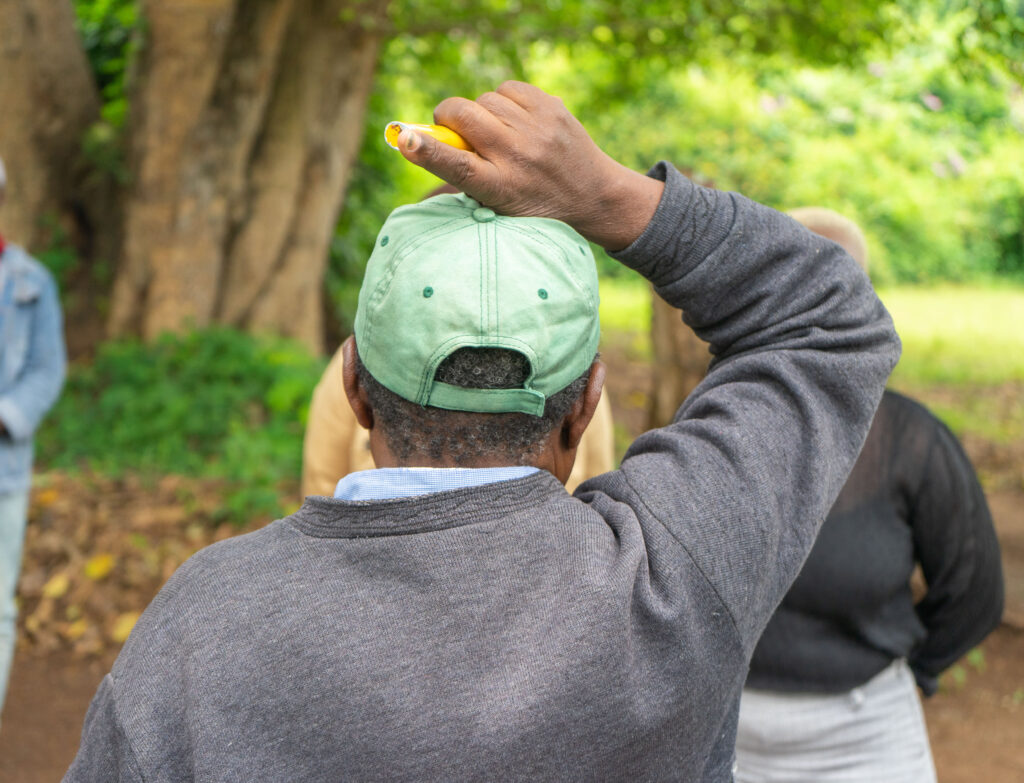
Proven Impact: Stories and Statistics That Speak Volumes
Moshi Kids Centre isn’t just promising change—it’s delivering. Since inception, they’ve touched over 800 lives, with 600+ in active programs. Key stats:
| Metric | Achievement | National Comparison |
|---|---|---|
| Children Educated Annually | 400+ | 2x rural average enrollment |
| Meals Provided Monthly | 36,000 (1,200 kids) | Reduces stunting by 15% |
| Youth Employed/Trained | 50+ yearly | Tackles 40% unemployment |
| Sponsorships Active | 200+ | $3/day transforms lives |
Success stories abound. Take Aisha, a 12-year-old orphan sponsored since 2022. Once malnourished and truant, she’s now top in her class, dreaming of becoming a doctor. Her sponsor, a U.S. teacher, receives quarterly photos: “Seeing her smile makes every penny worthwhile.” Or Jamal, a former street kid who, through employment training, now farms sustainably, supporting his siblings.
These aren’t anomalies. A 2024 evaluation showed 90% of alumni report improved confidence and skills, with zero recidivism to streets. In a field rife with skepticism, Moshi’s transparency—public audits and donor dashboards—builds trust, earning shoutouts from partners like Zara Tours.
Empowering Through Volunteers: A Collaborative Force
Volunteering is Moshi’s secret sauce, blending global expertise with local wisdom. Programs range 1-4 weeks, costing $380 for two weeks (room included), funding classroom builds. Types include teaching (English, arts), childcare, and health education—ideal for educators or retirees.
Over 500 volunteers since 2020 have taught lesson plans, built infrastructure (Phase Three classrooms near completion), and shared cultures. Benefits? Volunteers gain humility and Swahili basics, plus safari perks via partners. Impact: Enhanced programs, with kids’ English proficiency up 40%.
For details on Volunteer Opportunities, explore hands-on ways to contribute.
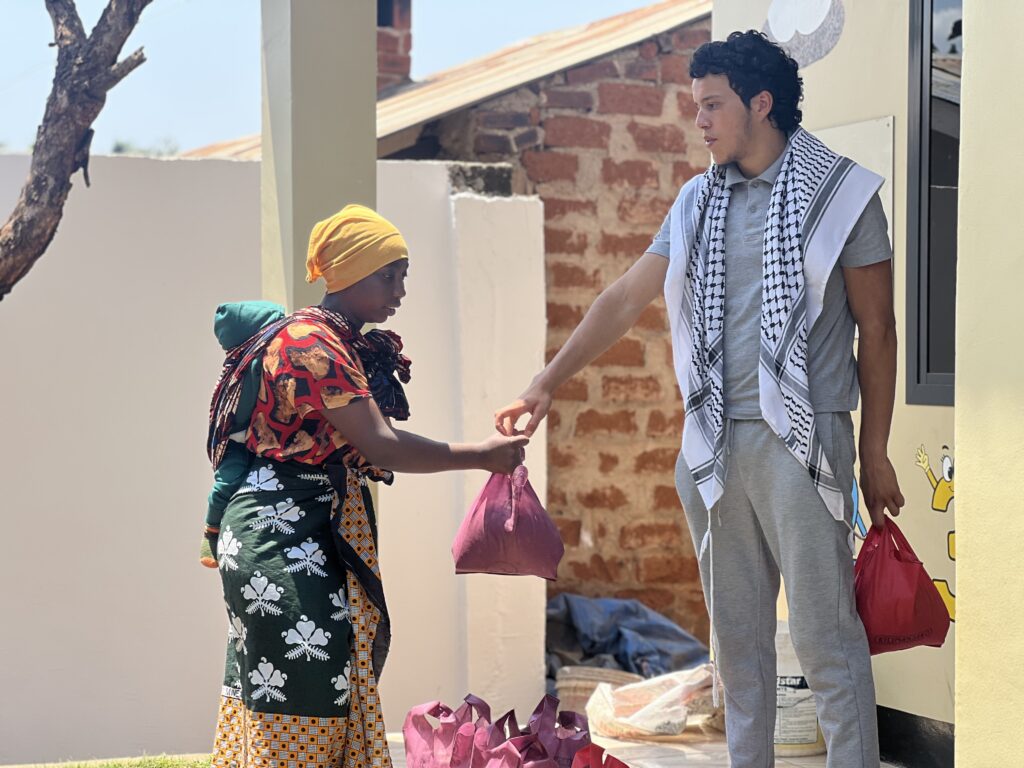
Why Moshi Stands Out: Transparency, Efficiency, and Innovation Among Top NGOs
What elevates Moshi Kids Centre to the best charities in Africa? Efficiency: 100% of donations reach programs, per FAQs. Innovation shines in hybrid models—tourism funds via Zara discounts ($500 off safaris) build classrooms.
Compared to peers:
- Save the Children: Reaches 6.9M kids continent-wide but with higher overhead (15%). Moshi’s local focus yields deeper per-child impact.
- UNICEF Tanzania: Broad policy work, but Moshi excels in grassroots delivery.
- Bread for the World: Strong on hunger, yet Moshi integrates nutrition with education seamlessly.
In 2025 lists, Moshi aligns with risers like ForAfrika for targeted efficacy. As top NGOs in Africa evolve, Moshi’s adaptability—expanding to 20 schools by 2026—positions it as a leader.
Join the Movement Today
Moshi Kids Centre isn’t just a charity; it’s a catalyst for Africa’s future. By sponsoring a child for as little as $35/month, you fund education, meals, and hope—details at our Sponsor a Child page. Or volunteer to witness change firsthand.
In a sea of need, Moshi proves small acts yield big waves. Donate, sponsor, volunteer—be the change. Together, we’re shaping tomorrow’s leaders.

